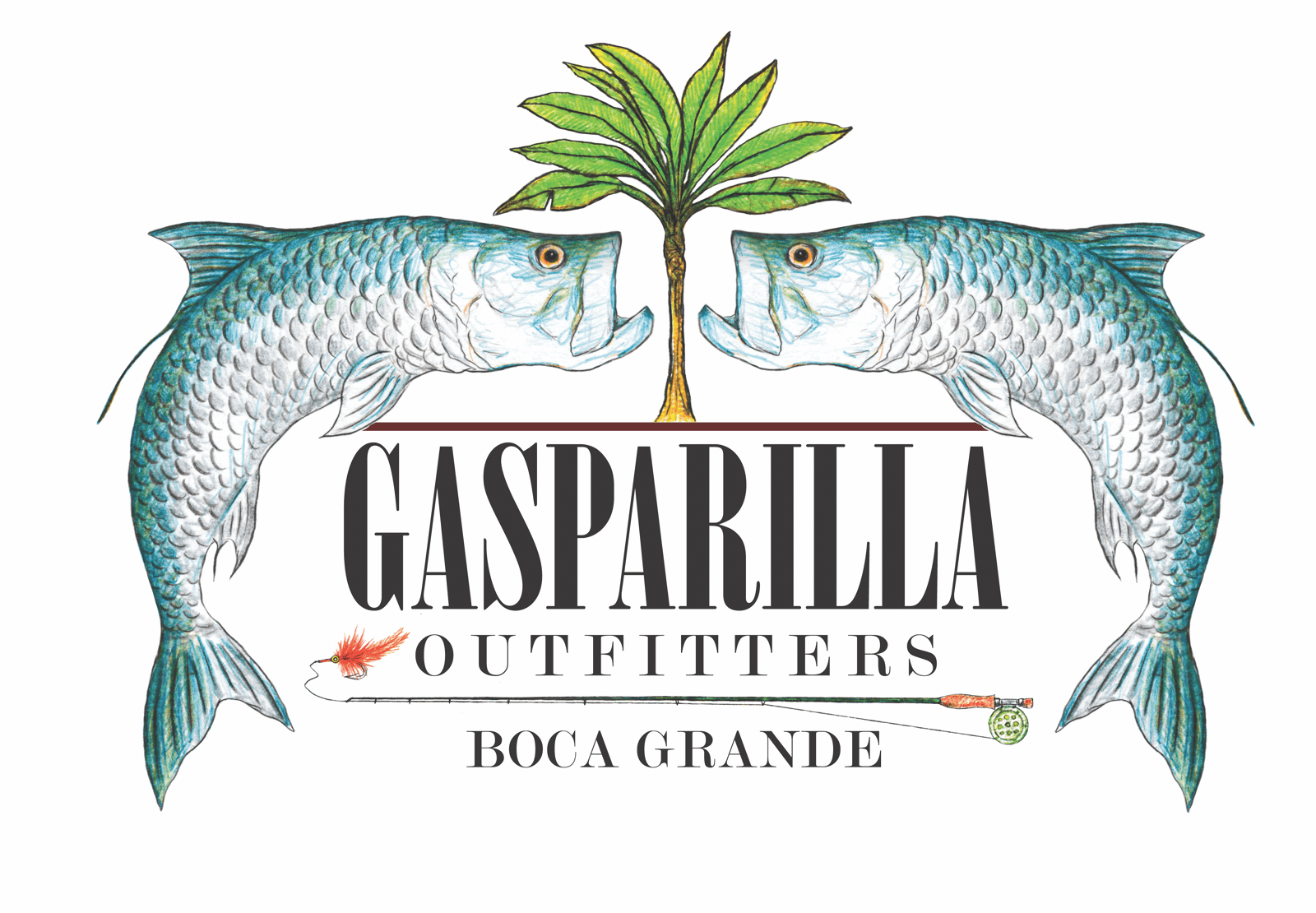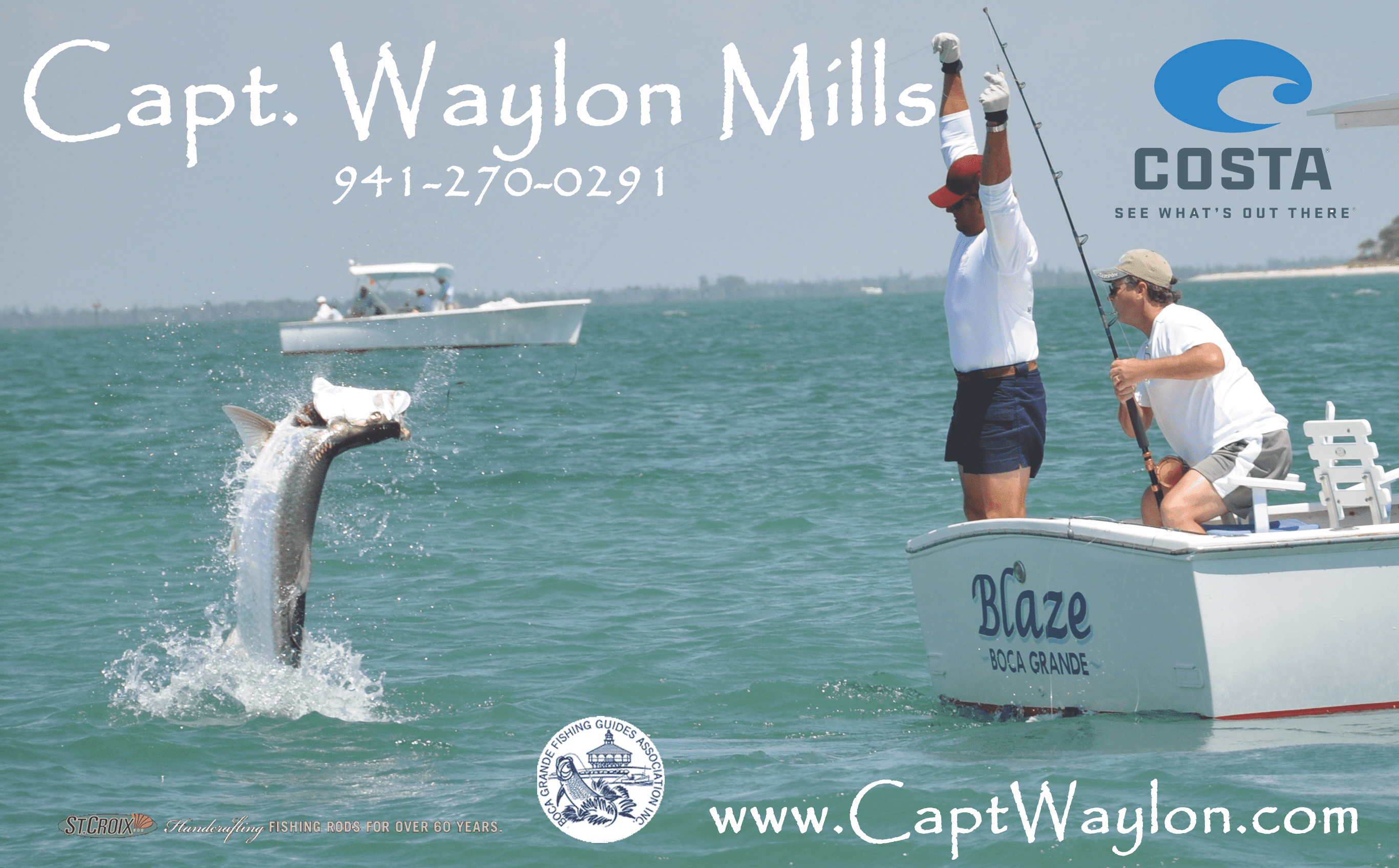Memories of Eldred’s Marina, Part II, Building Barges

BY TIM DIXON
This is the second part of Tim Dixon’s memories of growing up on the Cape Haze Peninsula and, more specifically, at Eldred’s Marina. Part III will be coming next week. It will be the last in the series.
Uncle Eldred had an old plank barge that he had picked up when the oyster business went bust, so we could move building materials to Little Gasparilla Island during the day. She was a worm-eaten, leaky old tub, but she was better than nothing! We would load the material by hand at The Point, then tow the barge to the island with an old net fishing launch that he bought from Bodie Boatwright in Vamo.
The name of that launch was the Shorty B. When we got to the Island we would offload the material by hand, often carrying it to the building site if it was only a few lots from the bay. That was a great innovation – now we could move material during the day when needed, and we could catch bait at night when there was nothing else to do. And all we kids had to do was be home in time to get cleaned up and catch a nap before the school bus got there.
One day someone bought a Jim Walters home to build on Little Gasparilla, and they rented the barge to move the material over. They defaulted on the deal, and someone came to repossess the material, rented the barge and went to the island. It was in the winter, and a strong nor’wester broke before they could start back. They overloaded the old barge and headed back across the bay, got to the waterway, and she sank and broke apart. Time for a new barge!
My cousin, Linwood Parrish, was living on a houseboat in the marina and working around with Daddy on the island, and Linwood went to see Farrel Davis and obtained a loan to build a new barge. He and Daddy built the barge from 3/4 inch plywood and pressure-treated lumber, then fiberglassed the bottom. They got an old Lyman lap strake boat for a tow boat, and they were back in business. Daddy got a little flat-fender Willys jeep, built a trailer to put behind it, and we were really uptown! No more carrying lumber by hand! Later they bought a military deuce-and-a-half from Englewood Water District, and then came forklifts, tractors and other equipment. Later we added more length to the barge, about 10 feet if I remember correctly.
In 1976 I married Dorann Godwin, the only daughter of Wes Godwin and Florence Knight. Wes was a fisherman who had moved here to be with his dad when he was just a kid; his daddy worked as a bridge tender for the railroad, and Florence was the daughter of George and Margaret Knight from Boca Grande.
He quit fishing when Dorann was born and went to work on the dredge that was building the causeway for the Boca Grande bridge. We went to work for William R. Mote, of Mote Marine Lab, at their property just south of Cape Haze. I was doing groundskeeping, while she did the housekeeping. In 1980 they sold the property to Peder Wallenberg, who developed and built the condos on the Mote property in Placida, and we went back to the Marina.
I was fishing, shrimping and working in a shop Daddy had built on the property, repairing and building specialized equipment that was used in the operation of the barge business. Daddy designed, and I built, a pile driver on a military 6 x 6, 2.5-ton frame, which drove the pilings for most of the houses on Little Gasparilla Island. Everything was built on old military 2.5-ton truck frames that were bought from government surplus. I put a 10-yard dump box on one and a 16-foot flatbed went on another to haul building material.
While I was building and repairing equipment, the other boys were helping with barge work and installing septic tanks. We hauled more building material to the Island than everyone else combined. We drove all the pilings and hauled every bit of material for the Hideaway Bay condos. We put in more septic tanks on Little Gasparilla Island than any other individual.
Dorann helped with housework, worked at the marina and managed an orchid rental and sales business that Mother had started with my eldest sister in Boca Grande. They rented orchids to people, and three days a week Dorann would go take care of the plants and change them out so the clients always had fresh, blooming plants. Our kids got on the bus at the marina and got off the bus at the marina. We were normally there six or seven days a week, 10 to 12 hours a day, and our kids grew up on the property. Our only daughter, Carolynn, got married on the Fourth of July in the front yard of Grandaddy’s house, right beside the bay that we had all grown up on.
Over the years people would often stop at the marina and ask if we had a place where they could camp for a few days. Of course, other people would be driving by and see campers, trailers and tents, so they would ask about camping. That business grew to a point that we had to have portable toilets brought in, then have them pumped a couple of times a week. It wasn’t too long before we had many customers who would come there and spend the whole winter. Then they would go home and tell their friends, and the friends would come.
Uncle Ray and Aunt Helen Boyington came from Minnesota. He was in his late 90s the last time he pulled his trailer down. Peter and Judy Rolerson had traveled from Maine to visit their daughter Wendy, who had a job at The Gasparilla Inn. When they were crossing the bridge to Boca Grande, Peter saw the campers on the point and stopped for a few days. Peter told me he had traveled all up and down the coast, and Eldred’s Marina was the only place he would ever spend the winter at in Florida. Peter was a lobsterman in Maine, and he started fishing with me when he was here. He became one of my very best friends, and the best crewman I ever had on a boat. For years they would come down about Thanksgiving and stay until the end of March. There are very few days that I don’t think of Peter and all the great times we had.
The next thing we knew we had a whole contingent of “Maineiacs” spending the winter. Peter’s distant cousin, Paul Hyatt, followed him down, and his widow, Julie, is still a close personal friend of Dorann and our daughter Carolynn. A couple from Pennsylvania – Ron and Una Mortimer – arrived, and although we lost Una and his twin brother Rich, we still see Ron every time he comes to town. He is a very special friend, and now we have his son, Ron Jr. We had a lot of people from Pennsylvania.
Paul and Gisela Belcher came from Virginia, bringing their friends, and among them was Charlie Ward, a survivor of the Burma invasion of WWII, as well as many other campaigns.
Many of our friends were part of the Bluegrass scene … way too many to list. Bob and Birdie Lee Smith were founders and co-owners of The Station Inn, a bluegrass joint in Nashville. They would tell people at Bluegrass festivals about this great campground they had found, and those people would have to come and check it out. It wasn’t just people from up north who camped there.
The story of Eldred’s Marina could not be told without mentioning Uncle Preston Wood, from Limestone, Florida. Everybody called him Popeye, and there are enough stories about him to fill a book. We will never forget Poppa, Howell Blanton, from Dover, Florida. Poppa and Uncle Preston impacted our lives and our children’s lives more than can be told. They were more than friends, they were our family. Sometimes I look at Dorann or one of our children, and say something. They just look at me, smile and say, “I know where that came from!” We still count the Wood Boys from Arcadia among our closest friends.
It was a wonderful thing. Everyone was friends, and most nights someone would build a fire and then people would start to show up with musical instruments. The next thing you knew there was some kind of Bluegrass festival going on in our back yard! The sounds of picking and singing would fill the night air. Guitars, fiddles, mandolins, banjos, the joyful sound of people having a good time. Someone would break out a big Dutch oven and start frying fish, and the good times would roll.
I remember counting over 100 campers at a time there, and once someone stayed a few days they normally returned. We seldom had any problems that we needed to handle with that crowd, because if anyone got out of line the other campers straightened them out. They would not tolerate a troublemaker, and those people generally moved on without any encouragement from us. None of them wanted anything to break up the good thing they had going on. We met a lot of very good people through that experience, and some still remain friends to this day, although sadly most have passed due to the passage of time. I wish I had the time and space to list them all, because they all impacted our lives in one way or another.
However, the “Great Policy Makers” who comprised the Brain Trust of Florida decided we must be doing something wrong or immoral, so they passed rules that prohibited us from having over two or three campers at a time there. There was just no way they could tolerate people sharing that much fun and friendship. Most of our friends just stopped coming to Florida when they could no longer camp on The Point. There was a friendship and atmosphere there that couldn’t be duplicated anywhere else.
Three-part history of Eldred’s from Tim Dixon:









